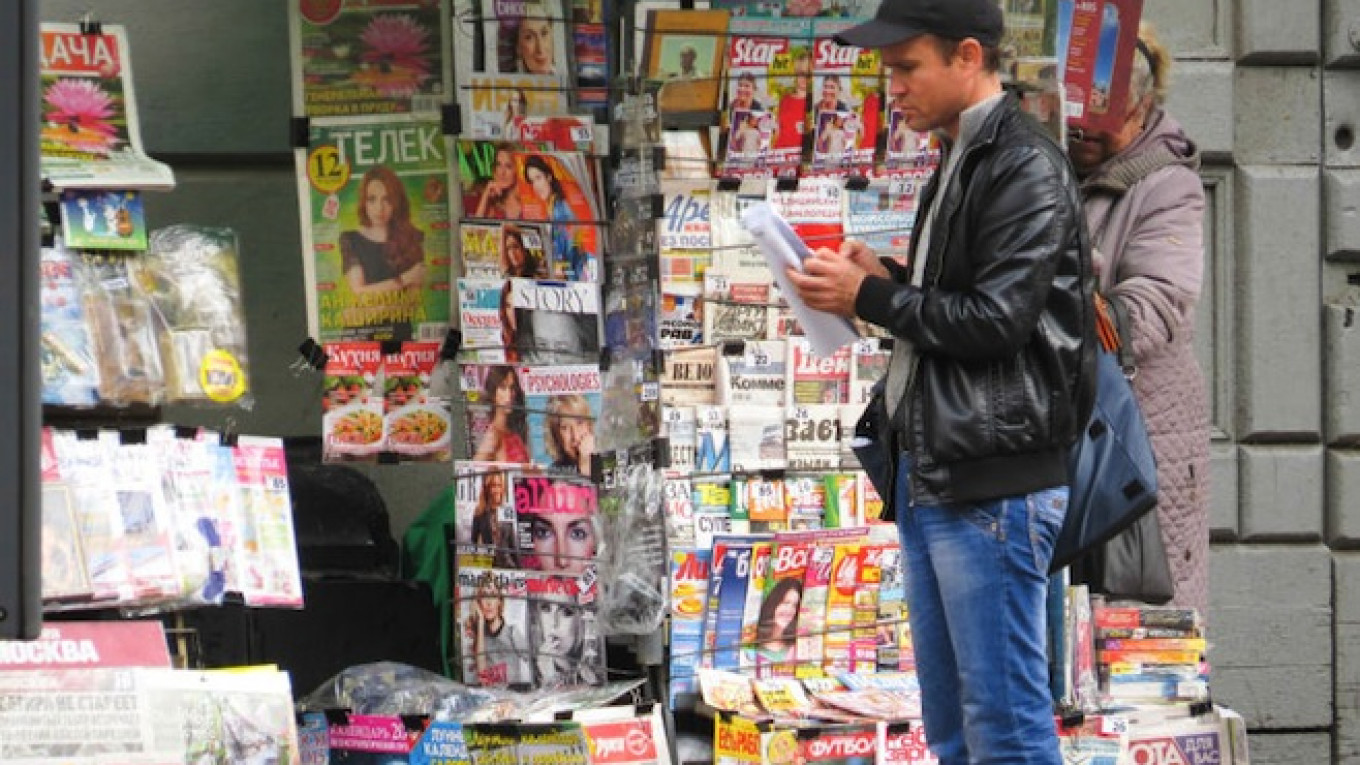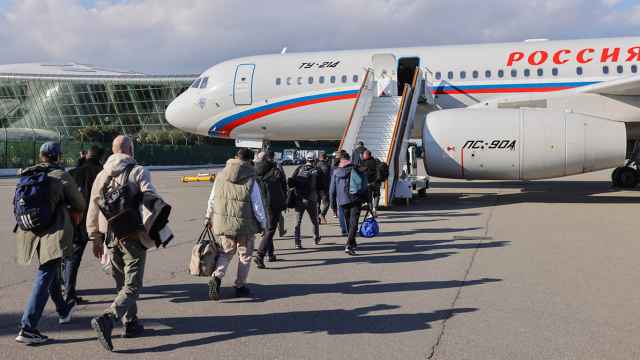52 percent of British people voted to leave the European Union on Thursday and the result has already led to Prime Minister David Cameron's resignation and a free fall in global markets and currencies.
The referendum outcome caused a storm of comments on the possible global impact of the vote, with a number of Western politicians expressing regret over the results and suggesting that the vote would strengthen the Kremlin's position in Europe.
In response to these comments, President Vladimir Putin said that Russia did not interfere in the referendum and his spokesman Dmitry Peskov said that the EU is an important trade and economic partner for Russia and so it is in Russia's interests that it remains a major economic force.
However, some saw the advantages that Brexit holds for Russia.
“Brexit can hardly be perceived by the Russian leadership as a negative event,” the Kommersant newspaper reported, citing Sergei Utkin, a foreign policy expert at the Russian Academy of Sciences.
Russian officials may take advantage of Brexit and seek an easing of sanctions imposed on Russia by the EU following the Ukrainian crisis.
Although it is unlikely that there will be a significant revision of the EU position on the Ukraine conflict, “Brexit in the end will temper the ambitions of the European Union concerning foreign policy and encourage a more pragmatic approach to doing business with external partners, including Russia,” Utkin said.
Britain will also be more interested in negotiations with Russia “amid tense future talks with the European Union,” he added.
Brexit is a serious situation for the EU that may inspire Europe to start reforms and revise its policy toward Russia, but it will take time, the Vedomosti business daily reported Monday, citing the head of the Federation Council's foreign affairs committee, Konstantin Kosachyov.
British experts polled by Vedomosti, however, did not share the optimism of their Russian colleagues on the easing of Russia-EU relations.
“Vladimir Putin has reasons to be happy, the United Kingdom has always been the EU's main hawk and has been the most critical toward Russia. But Moscow should not relax: we are still in the EU for at least two years, significant changes should not be expected,” Steve Coulter, fellow in the Political Economy of Europe at The London School of Economics told Vedomosti.
Contact the author at [email protected]. Follow the author on Twitter at @a_bazenkova.
A Message from The Moscow Times:
Dear readers,
We are facing unprecedented challenges. Russia's Prosecutor General's Office has designated The Moscow Times as an "undesirable" organization, criminalizing our work and putting our staff at risk of prosecution. This follows our earlier unjust labeling as a "foreign agent."
These actions are direct attempts to silence independent journalism in Russia. The authorities claim our work "discredits the decisions of the Russian leadership." We see things differently: we strive to provide accurate, unbiased reporting on Russia.
We, the journalists of The Moscow Times, refuse to be silenced. But to continue our work, we need your help.
Your support, no matter how small, makes a world of difference. If you can, please support us monthly starting from just $2. It's quick to set up, and every contribution makes a significant impact.
By supporting The Moscow Times, you're defending open, independent journalism in the face of repression. Thank you for standing with us.
Remind me later.






